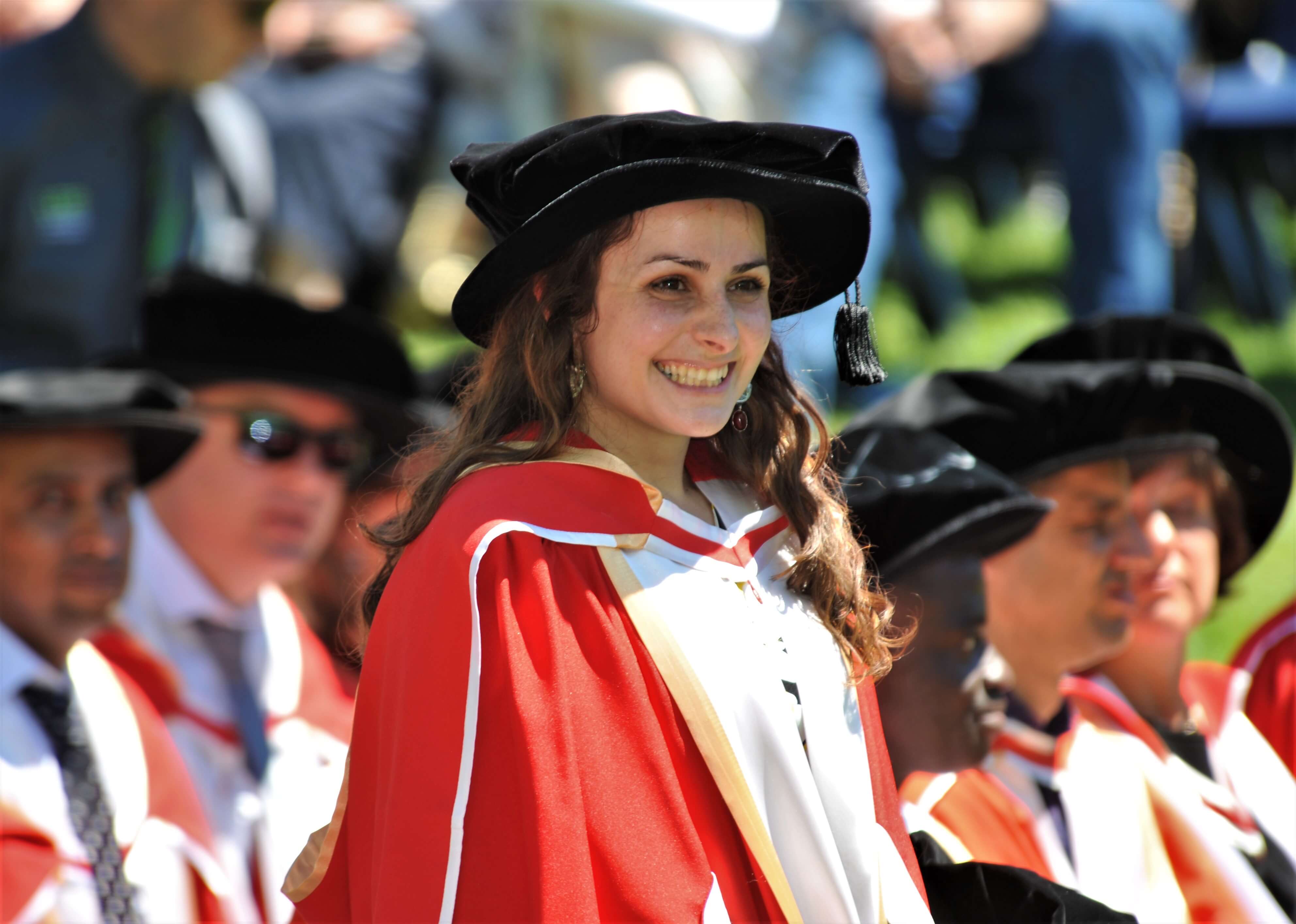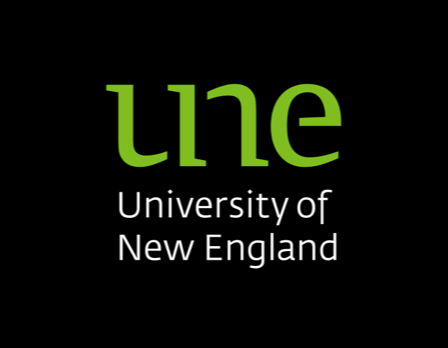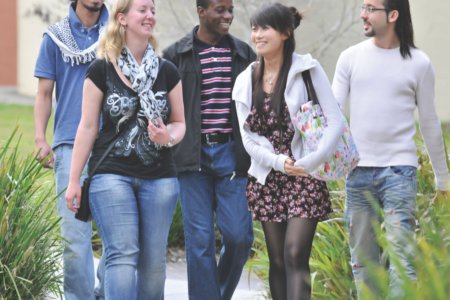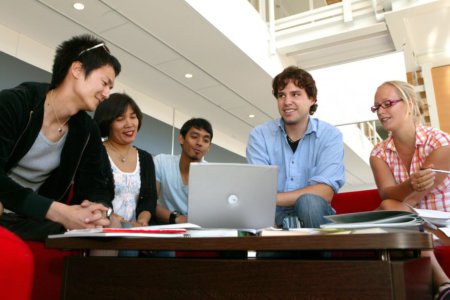Adewale has racked up several years of work experience as an agricultural advisor for a Nigerian research organisation and is passionate about working with local farmers to improve agricultural practices in his native Nigeria. He knows, however, that he cannot achieve all his goals without further training to develop the necessary knowledge and skills.
“I want to bring the latest developments in agriculture back to my country,” he says, particularly to help less developed farmers and to improve the living conditions of both his family and community. The 30-year-old is aware that Australia is a world leader in agriculture and wants to ensure that sustainability is a priority in his country.
While his employer has offered to partially sponsor him to pursue his postgraduate studies in Australia, the financial cost of uprooting his family from Lagos — an oil-rich city enveloped by crime — to Australia, was a pain point.
The estimated monthly cost of living in Lagos is about 750,000 Nigerian Naira (US$2,000) for a family of four without rent; in Australia, international students who bring their families with them will need some 32,000 Australian dollars (₦970,000) per year to cover living costs alone; tuition for a master’s or PhD could set students back by another AU$22,000 (₦670,000) to AU$50,000 (₦15,000,000).
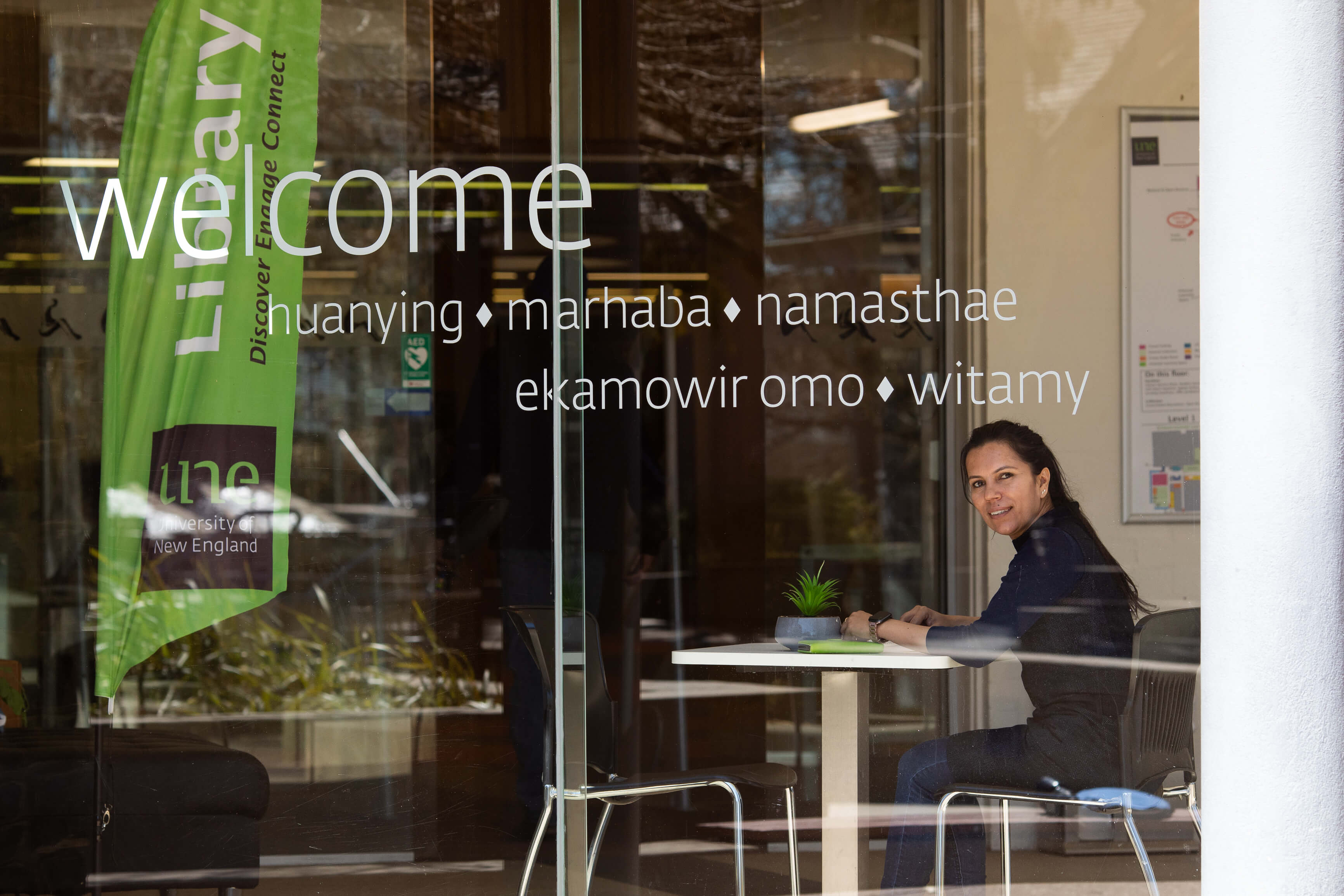
Source: The University of New England
Sam, another prospective international student from China, has a new calling in his life. The former marketing professional wants to transition to a career in social work and is exploring his options for a master’s degree in the field, but is also concerned about issues such as finding part-time work opportunities as well as fees.
Deepa, who is finishing high school in India, wants to secure a good job in the future and establish a good career for herself. The 18-year-old is interested in studying a Bachelor of Accounting and has never been far from her family in India so she is excited about studying overseas and exploring the world.
These individuals demonstrate that many around the world are hungry for the opportunity to study abroad in search for a quality education.
Affordability is an important factor for many prospective international students, and the University of New England (UNE) in New South Wales, Australia is one of the few institutions offering a number of region-specific bursaries for international students to help them with the cost of studying in Australia, including for students within the Asean, Middle Eastern and North African regions.
Flexible online learning for international students
UNE is one of Australia’s oldest universities, with a strong reputation for its excellent teaching, learning and research. Their campuses offer international students an affordable and truly Australian lifestyle, whether it’s basking in the famous gorges, waterfalls and rivers at the New England region at UNE’s primary campus in Armidale, to soaking in historical sights or finding Instagrammable spots of Parramatta at their Sydney campus.
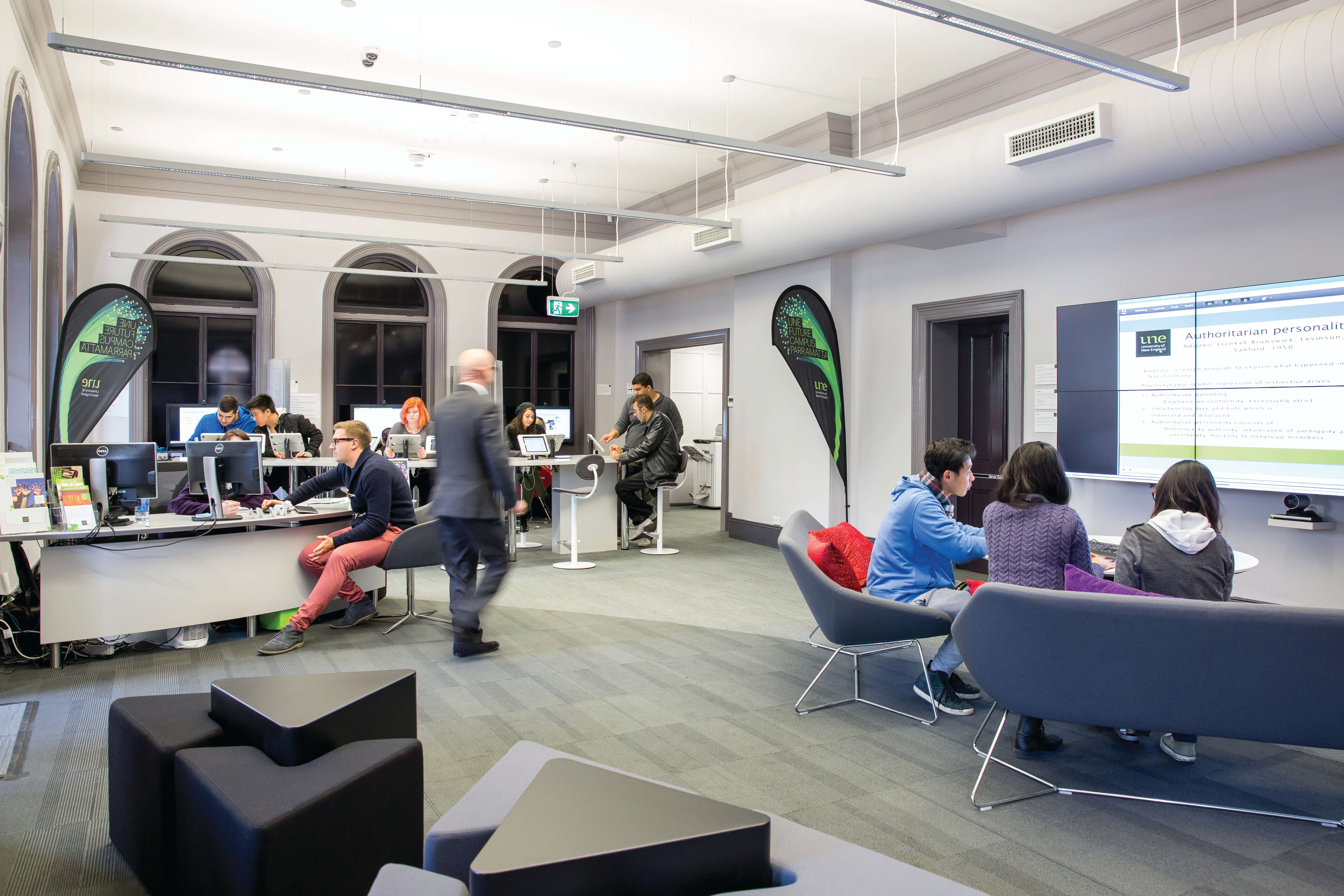
Source: The University of New England
The university also offers an extensive range of programmes available via their online learning mode for those who want to study from wherever they are. They are a leader in providing high-quality distance education to students throughout Australia and the world for over 60 years, with more than 18,000 online students studying over 170 online courses, in addition to providing 24/7 tutor support, while exams are also online.
Cost is an undeniable factor that affects many decisions to study abroad, but full-time international students commencing coursework studies at UNE in 2021 or 2022 can get a reduction in their tuition fees via the UNE International Bursary. It’s worth noting that applying for admission to UNE does not guarantee you will be awarded a UNE International Bursary.
The maximum duration of the UNE International Bursary is the normal duration of the course you have been offered the bursary for. If you take longer to complete your course due to academic failure, you will only receive the bursary for the minimum total number of UNE units required to normally successfully complete the course.
Region-specific bursaries for international students
UNE offers a number of region-specific bursaries for students, including:
ASEAN Bursary
The ASEAN bursary reduces UNE’s current 2021-22 tuition fees by 30%. Students can choose from a number of programmes, including undergraduate programmes in nursing and business, to master’s programmes in data science, agriculture and scientific studies.
Source: The University of New England
MENA Bursary
The Africa bursary reduces UNE’s current 2021-22 tuition fees by 30%, while the Middle East bursary reduces UNE’s current 2021-22 tuition fees by 25%. The bursary is applicable for students pursuing undergraduate programmes in business (analytics and informatics), computer science and science; graduate programmes include data science, IT and professional accounting.
The Sub-Continent
If you’re from Bangladesh, India, Nepal, Pakistan, Sri Lanka and Bhutan, the Sub-Continent bursary reduces UNE’s current 2021-22 tuition fees by 30%. This bursary is applicable for students pursuing undergraduate programmes in nursing, as well as master’s programmes in business administration, data science, environmental science and engineering, IT, accounting, agriculture and scientific studies.
Online Bursary
UNE also offers an online bursary for those who want an Australian qualification but who do not want to or cannot come to Australia; students may be eligible for a bursary to study individual units or full degrees online, and can email the UNE International Admissions team.
In addition to these bursaries, UNE is also eager to welcome international students back to campus for a full-fledged Australian experience once borders reopen and travel restrictions are relaxed. Accommodation scholarships, valued up to AU$8,500 per student, are available.
At the end of the day, money doesn’t have to be a stumbling block if you want to enjoy all the benefits of a quality UNE education. If you’re ready to start your education journey at UNE, you can apply online here.
University of New England CRICOS Provider Number 00003G
Follow the University of New England on Facebook, Twitter, YouTube and Instagram

